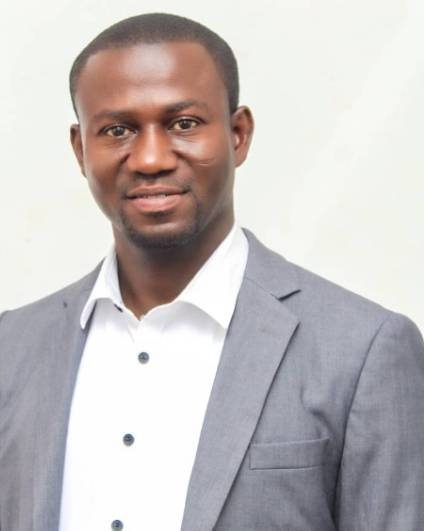Ghana is grappling with runaway inflation as prices of basic commodities have spiralled. Government finances are also at their weakest in years. Ghana’s local currency, the cedi, is now the world’s worst performer against the US dollar a signal of the depth of the country’s economic crisis.
Ghana’s economic challenges can indeed be attributed to a number of factors, including reckless spending, corruption and poor leadership.
One of the key challenges facing the country is high levels of public debt, which has been exacerbated by a history of reckless spending and poor fiscal management. This has led to a situation where the government is struggling to pay its debts and maintain basic public services.
Corruption is also a significant problem in the country, with a number of high-profile corruption scandals in recent years. These cases have greatly undermined public trust in government as well as negative impacts on the country’s economic development.
Additionally, poor leadership and governance have contributed to Ghana’s economic challenges. Lack of political will to implement much-needed reforms, as well as a failure to create an enabling environment for economic growth and development are among the real challenges facing the country.
Economic crisis in Ghana has sparked intense debates with financial expert Forster Oteng Amoako disagreeing with Finance Minister Dr. Mohammed Amin Adams' attribution of the crisis to the Domestic Debt Exchange Program (DDEP).
Amoak a tax consultant and financial expert argues that the root cause of the crisis lies in the government's mismanagement of the economy including corruption lack of prudent economic policies and poor control measures.
His comments came after Dr. Adams apologized for the hardships caused by the DDEP, implemented as a requirement for the International Monetary Fund (IMF) program.
Amoako emphasized, "The Finance Minister's apology should focus on the mismanagement of the economy, not the DDEP. The DDEP is only a symptom of the deeper economic problems."
In an interview on 'Me Man Ho Dadwen' on Fabea FM with Apiah-Kubi, Amoako called for good governance, transparency, accountability and stiffer punishment to revamp the economy.
He reiterated that the economic crisis has led to widespread hardships with many citizens struggling to make ends meet and urged the government to take decisive action to address the challenges.
In conclusion, he highlighted the need for a comprehensive approach to addressing Ghana's economic crisis, beyond just blaming the DDEP.
"The government must take responsibility for its mismanagement and implement reforms to ensure good governance, transparency, and accountability. Only then can Ghana hope to revamp its economy and alleviate the suffering of its citizens", Amoako bemoaned.
See A Picture Of The Economic Expert Below;




No comments yet
Be the first to share your thoughts!